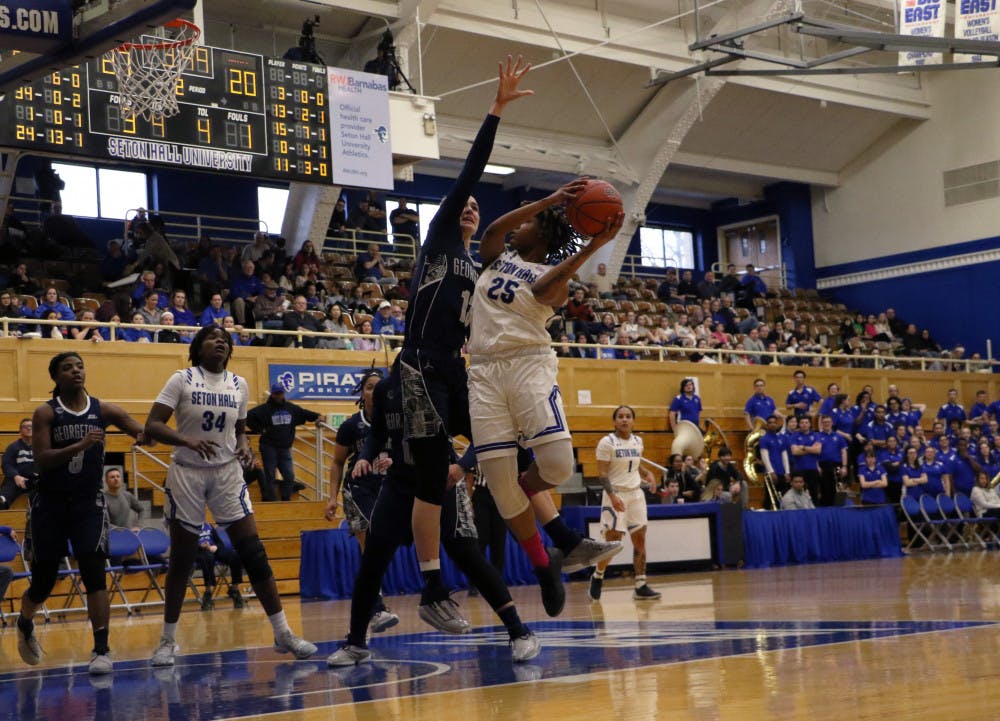Long Island's amorphous rockers, Brand New, have gained an enormous following over the years, escaping from claims of interchangeability with bands like Taking Back Sunday and Straylight Run and selling out shows throughout the tri-state area's most popular venues.
Amongst news of playing at their hometown's Nassau Coliseum, Brand New is releasing their fourth album, "Daisy," to fans. While the release of most albums is often an experience of nervous anticipation for fans, Brand New's history of changing aesthetics only increases the fear that the band's sound might shift drastically in a polarizing, Radiohead-esque fashion.
The band first found success with the more emotive and introspective "Deja Entendu," which was followed by their third release, "The Devil and God Are Raging Inside Me," an album of notable ambivalence and the band's darkest effort to date.
"Daisy" is less of a leap but more of a progression from "Devil and God," culling the better aspects from a former album, the improved instrumentation, the loud/soft dynamics, and allegorical lyrics, to make a more cohesive and unique whole.
Still, their latest effort separates itself from "Devil and God" in a strange way. It sounds musically unconventional, even abrasive, focused on the conveyance of raw emotions through a pummeling sonic force. From the visceral screams on the opener, "Vices," to the guttural yelps on "Gasoline," Brand New seems more fit than ever to tour with their fellow Long Islanders, the post-hardcore band, Glassjaw, who will join them at Nassau Coliseum this November.
After a country-twanged intermission, "Sink" continues the album's unmitigated aggression, seemingly imploding during the song's screaming breakdown and heart-thumping drumbeat, ending abruptly in a tumultuous outburst. The screechy guitars of "Bought a Bride" follow, continuing the album's motifs, musical fury and lyrical subjects of marriage, loss, and disorientation.
Though often disparaged as an ordinary emo band, Brand New conveys their emotions with aplomb, eschewing the trite subject matters most emo bands sloppily embrace. There is no jilted lover in "Daisy," at least one not revealed overtly, but rather aggressive; often hazy guitars and lashing dynamics, which build to crescendos that no eyeliner-flaunting band could ever pull off.
Brilliantly tracklisted, the softer aspects lessen the bruises from the album's heavier songs, like the gentle, yet insidious, "Bed," and the gorgeous, "You Stole," bleeding its slide and chiming guitars seamlessly into a fuzzy guitar solo that momentarily washes the album's tension away.
The effectiveness of the songs' contrasts is a testament to the album's success as a whole. "Daisy" is intended to be heard in one sitting, as revealed through the samples of an a cappella opera singer that bookend the album, which brings a mystique around the lyrical concepts and musical motifs that bind the album together.
"Daisy" is the band's most complex and could very well be their best release to date. It is hard to see this band getting any bigger, but if there was any album that will earn them widespread critical success (ignoring the mainstream audience), this should do it.
Kevin Stevens can be reached at kevin.stevens@student.shu.edu.





